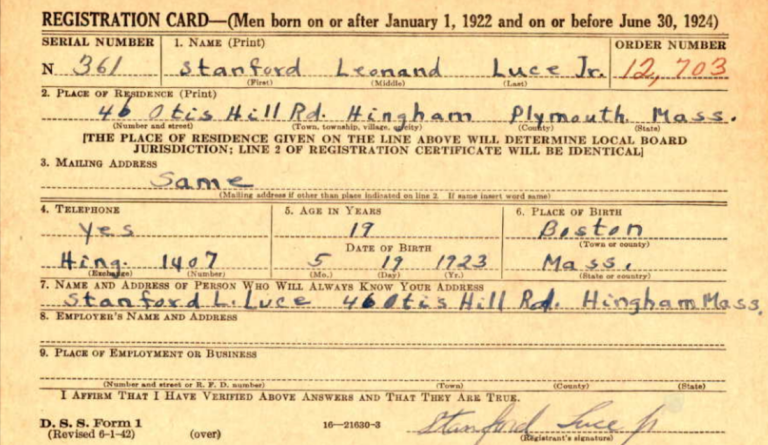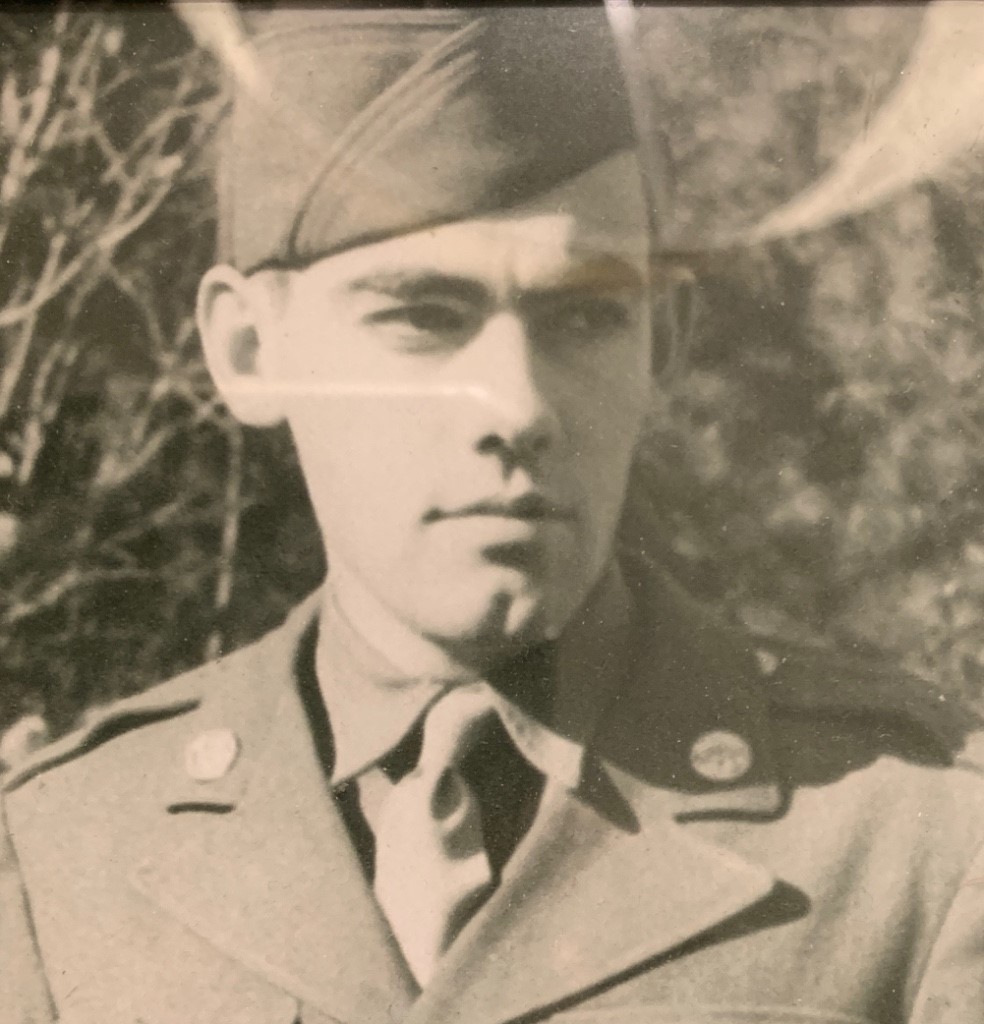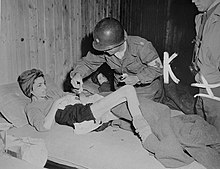
On Father’s Day, I remember my dad and his chilling story…
New York, N.Y. — When I was a child, my father’s stories of World War II seemed almost mythic.

As I grew older, and we worked side-by-side building a house in the White Mountains, the stories deepened.
They became not just tales of courage, but of trauma, resilience, and the enduring cost of witnessing history’s darkest hour.
Following in the Wake of D-Day
Dr. Stanford Leonard Luce, Jr., my father, was only 19 when he found himself serving under General Patton.
Like so many young Americans, he was swept up in the tide of history, crossing the Atlantic to join the fight against tyranny.
He followed the wake of the D-Day landings, traveling across France, the roads littered with the casualties of war.
Along the way, he practiced his French with locals, trying to find moments of normalcy amidst chaos.
But nothing could prepare him—or any of his fellow soldiers—for what awaited them at Dachau.
The Trauma of Liberation
When the gates of Dachau concentration camp were thrown open in April 1945,
my father was among the first American soldiers to enter.
The scenes he described were seared into his memory for the rest of his life:
emaciated survivors, barely more than skeletons, stumbling toward freedom; the
sickening stench of death; the haunting silence punctuated by the cries of the liberated.
The liberators, many of them barely out of high school,
were unprepared for the horrors they found.
My father would later tell me, his voice trembling, that nothing in his young life
had readied him for the sight of thousands suffering from starvation and
disease, surrounded by piles of corpses and the ashes of the murdered.

The Long Road to Healing
For survivors, liberation was only the beginning of another struggle. The transition from terror and brutality to freedom was often traumatic. Many were too weak to eat, their bodies unable to process normal food after years of deprivation.
Disease claimed thousands even after the gates were opened. Most survivors had no possessions, no homes to return to, and in many cases, no families left.
My father and his fellow soldiers did what they could—offering food, medical care, and comfort. But he always carried a sense of helplessness, haunted by the knowledge that so much suffering could not be undone.

Bearing Witness
As the years passed, my father rarely spoke of Dachau. But when he did, it was with a quiet reverence for those who survived and a deep sorrow for those who did not.
He understood, as only a witness could, that the end of the war did not bring an end to suffering. For most, the trauma lingered long after the camps were liberated.
Working with him on that house in the White Mountains, I came to see the strength it took not just to survive a war, but to live with its memories.
My father built a new life, brick by brick, but he never forgot the responsibility of bearing witness.
A Legacy of Remembrance
Today, as we face a world still scarred by conflict and hatred, I remember my father’s courage—not just in battle, but in the decades that followed. He taught me that history is not just something we read about in books; it is lived and remembered by ordinary people who find themselves in extraordinary circumstances.
His story, and the stories of all who helped liberate the camps, remind us of the enduring power of compassion and the importance of never forgetting.
If you or someone you know is a survivor or descendant of a liberator, sharing these stories helps ensure that the lessons of the past continue to illuminate our future.
My Father, 19, Helped Liberate Dachau at End of World War II (May 25, 2020)
75-Word Summary
Dr. Stanford Leonard Luce Jr., only 19, served under General Patton and was among the first American soldiers to liberate Dachau concentration camp in April 1945. The traumatic scenes of emaciated survivors and death haunted him for life. This personal account explores the psychological impact on young liberators, the ongoing struggle of survivors after liberation, and the importance of bearing witness to history’s darkest moments to ensure remembrance.